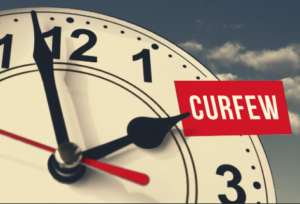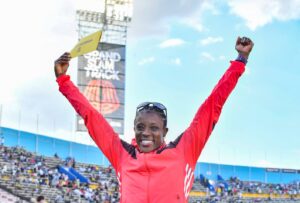More tips from the handbook of unschooling
MARY Griffith, in her book The Un-schooling Handbook – How To Use The Whole World As Your Child’s Classroom, noted that “unconventional learners took a variety of paths for their education”.
Some, she said, “had formal tutors to present material their families thought necessary for their education. Some read widely and voraciously. Others accompanied their parents in their work or on their travels; their ‘lessons’ were simply side effects of the way they spent their time”.
It’s this same style of unstructured, holistic ‘education’ that I raised my son with, thinking I was ‘home-schooling’ him and not even knowing that I was actually un-schooling him. I had no formal programme, and I just did what seemed necessary at the time to teach him what he needed. Most of my work was done by reading books to him.
By reading over and over again the books he asked me to read to him over and over again. I watched him learn to recognise the pictures, then the words in his books. Seeing that his learning process raced ahead whether I helped it or not, I was glad to be beside him to help as much as possible.
As one parent quoted in Griffith’s book says: “We don’t approach learning as something people do as a separate activity. We live our lives and learn as we go. We have no teaching, no classes, no lesson plans, no grades, no curriculum, no textbooks, no tests. Basically I don’t pay particular attention to what the children are learning. It is enough to see that they are growing as people and gaining knowledge and experience as they go.”
Another writes: “My whole philosophy of un-schooling is based on the premise that learning is a natural, enjoyable, impossible-to-avoid drive that we are all born with. I believe that children want to learn about life and will learn if they are not interfered with. We are un-schooling twenty-four hours of the day, but it doesn’t take any extra time from what we’d be doing anyway.”
Indeed, an activitiy such as reading to a child develops a love of learning, and of books. Each of my son’s books were like personal friends to him. He would surround himself with his books like toys. There were some he would read to himself every day, and some he would even take to bed with him. So I gave him more and more books, and read them to him. I would buy books, borrow books from friends and ask friends abroad to send him books.
People often ask me if I am still ‘teaching’ my son. Not really. Now 20 years old, he’s been teaching himself for a long time, with the help of the computer. He taught himself everything he knows about computers, and some of the most technically difficult things to do with computers. He taught himself everything he knows about cars and bikes and their engines and how to repair and enhance them.
He uses his computer to make music, and is a young producer making music for a new crop of Jamaican singers, DJs and poets. He plays a good game of football. And he’s still learning new things.
So am I.
The above article is excerpted from Blake Hannah’s book Home – The First School . Send comments and questions to: jamediapro@hotmail.com.











